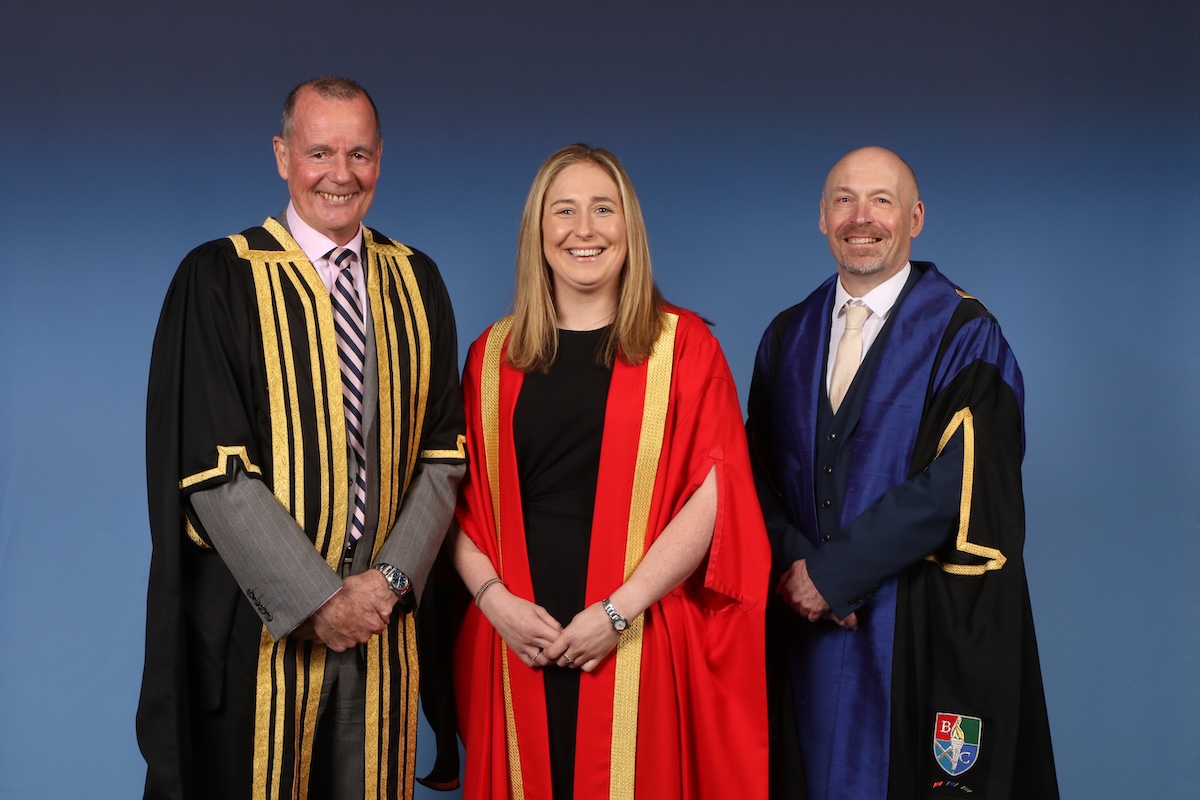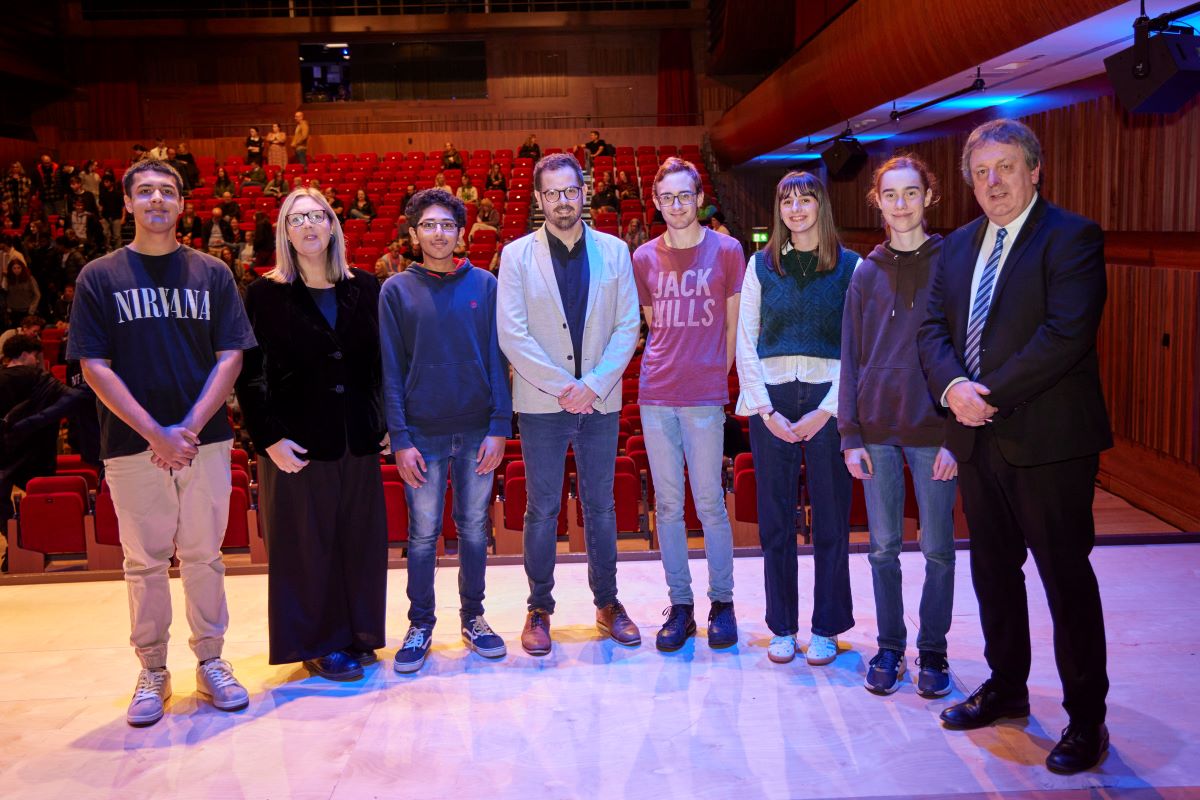The Value of Graduate Management Education: From the Candidate’s Perspective

Groundbreaking Global Study Shows How Much a Business Degree Pays Off
9 out of 10 MBA or business master’s graduates experienced strong career advancement, personal growth on top of financial gains
The Graduate Management Admission Council (GMAC), a global association of leading graduate business schools, today released a first-of-its-kind longitudinal study.
In the report entitled “The Value of Graduate Management Education: From the Candidate’s Perspective”, GMAC surveyed roughly 3,600 individuals globally over the past 12 years about the motivations behind their pursuit of graduate management education (GME).
These individuals ─ now reaping the rewards of their distinguished business degree in a wide array of job functions and industries ─ shared their views from their business school experience. Overall, 9 out of 10 graduates rated the value of their MBA or business master’s degree as good, excellent or outstanding.
Over 85% concluded that their investment in graduate business education had a positive return. Most graduates (84%) reported that their business school experience helped improve their professional situation while about 7 out of 10 reported that it helped achieve personal (72%) and financial goals (68%).
“In the face of an ever-evolving work environment, international travel restrictions and rising education cost, many are asking the question: ‘is a business degree worth it?’” said Sangeet Chowfla, president and CEO of GMAC.
“Our groundbreaking research surveyed thousands of individuals from around the world, spanning from the last financial crisis to the current pandemic-prompted economic uncertainty. An overwhelming majority of them testified that their business degree increased their employability and earnings power, prepared them for leadership positions, and supported their desired lifestyle. Without a doubt, their answer to the question is a resounding ‘yes!’”
Key Findings
Women, less often than men, pursued GME for entrepreneurship skills or business ownership
Women and men mostly share the same view on the value of graduate management education and its impact on their career advancement. When it comes to motivation behind their pursuit of GME, most women (77%) and men (72%) identified “increasing job opportunities” as a top driver. However, the greatest gender difference was observed when men (41%) were more likely to go to business school to develop entrepreneurship skills and own their own business than women (28%). In addition, a greater percentage of men (56%) reported that their graduate business education experience prepared them well for international employment opportunities compared to women (46%).
“The findings suggest that in today’s evolving work environment, women ─ perhaps more risk-averse and resource-deprived ─ shy away from starting their own companies and choose to work closer to home,” said Maite Salazar, Chief Marketing Officer of GMAC. “Understanding this dynamic could inform business schools on how to encourage more women to pursue graduate management education by providing them access to and addressing their challenges in entrepreneurship.”
Business degrees facilitate growth through promotions, moving across functions and industries
Survey results confirmed that a business degree helped candidates get promotions and achieve career mobility across job functions and industries. About two-thirds of business school graduates reported that they advanced at least one job level after they obtained their graduate business degrees. The advancement is especially prevalent among graduates who started at more junior levels before they completed the programs. Specifically, more than 85% of graduates moved up from entry levels, more than half moved up from middle levels, one-third of graduates moved up from senior levels, and a quarter moved up from executive levels.
A notable motivation among the drivers for pursing a business degree is that about half aspired to change career paths in either job function or industry. In fact, the survey found that overall, 60 percent of the business school graduates changed job functions after obtaining their degrees while about half moved across industries. Interestingly, consulting as a job function and industry demonstrated the most versatility; over three-quarters of those who worked in consulting after obtaining their business degrees moved from a different job function, and seventy percent of those who worked in consulting after GME moved from another industry. On the other hand, the technology industry experiences the lowest amount of transition, with only one-third moving on to a different industry after completing their graduate business education.
Underrepresented minorities sought GME to impact communities, own businesses
Among the top 10 leading motivations driving the pursuit of graduate business education, increasing impact on communities ranked last at just 24 percent. In contrast, the percentage of underrepresented minorities (URM) candidates in the United States who reported pursuing GME to increase impact on communities was 42 percent, nearly double that of non-URM candidates (23%). The proportion of URM candidates who pursued GME to develop entrepreneurship skills and own their own business was 48 percent, also significantly higher than that of non-URM candidates (32%). This coincides with another finding of the report that a lower percentage of URM candidates reported career advancements, compared with non-URM candidates.
“In the backdrop of today’s global health and economic crisis, many career-minded individuals are shifting their perspectives, looking for social impact in their own communities and becoming their own boss to achieve financial freedom,” said Sabrina White, Vice President of School and Industry Engagement at GMAC.
“Acknowledging these differences by race-ethnicity offers an opportunity for schools to engage in community partnerships that increase access to the benefits of GME for the marginalized populations.”
Methodology: The Value of GME study included over 3,600 candidates worldwide who completed their graduate business education between 2010 and 2021. GMAC surveyed these candidates before and after they completed graduate business school about their motivation to pursue GME and evaluation of their experience by their personal, professional, and financial goals. Among them, 40% were women. The median age was 27 at the pre-GME survey with an interquartile range of 24-30. These candidates came from 113 countries on all 6 populated continents. They attended 728 graduate business schools or universities across 66 countries.











Responses